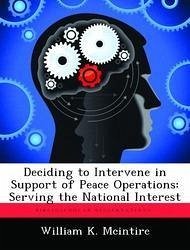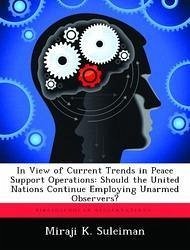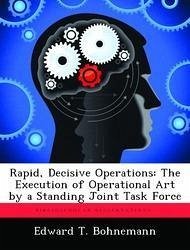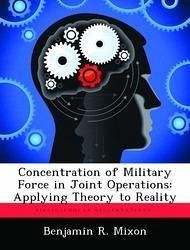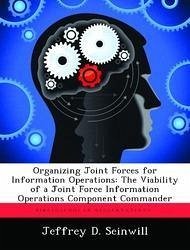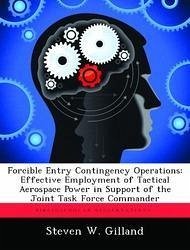Nicht lieferbar
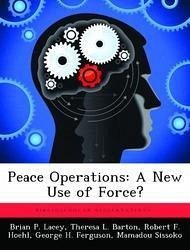
Peace Operations
A New Use of Force?
Versandkostenfrei!
Nicht lieferbar
The end of the cold War has brought peace operations to the forefront of academic and military thought. Unfortunately, the majority of the focus is on the execution end of peace operations. This narrow focus stems from the belief that problems encountered during peace operations, such as Lebanon and Somalia, are due to the military's inability to come to grips, doctrinally, with the notion of peace operations. There is no doubt that the military has conceptual problems with the notion of peace operations, but to say that the problem lies solely with the military is incorrect and misleading. Th...
The end of the cold War has brought peace operations to the forefront of academic and military thought. Unfortunately, the majority of the focus is on the execution end of peace operations. This narrow focus stems from the belief that problems encountered during peace operations, such as Lebanon and Somalia, are due to the military's inability to come to grips, doctrinally, with the notion of peace operations. There is no doubt that the military has conceptual problems with the notion of peace operations, but to say that the problem lies solely with the military is incorrect and misleading. The problem is much deeper. The belief that peace operations-peacekeeping and peace enforcement-fall under the category of "Operations Other Than War" has led key decision-makers to believe that these missions entail a new use of force. Nothing could be further from the truth. Peace operations is about deterrence and compellence, thus the need for armed forces. As Clausewitz says, "Everything that occurs in war results from the existence of armed forces; but whenever armed forces, that is armed individuals are used, the idea of combat must be present (emphasis in original). Approaching the use of military force from any perspective other than that dictated by the fundamental nature of war, and the centrality of combat to that nature, risks failure and needless loss of life. Why? Failure to see peace operations as either deterrence or compellence results in a miscalculated cost-benefit analysis which leads to misguided national policies that adversely impact on public and political will and the military's ability to reach the desired end state. Chapter 1 introduces the reader to the policy problem and sets the focus of peace operations, where it belongs, at the top of the decision process. It also provides a review of the literature pertinent to this study. Chapter 2 establishes the logic behind the problem and provides a model to help conceptualize the problem more clearly Chapt






